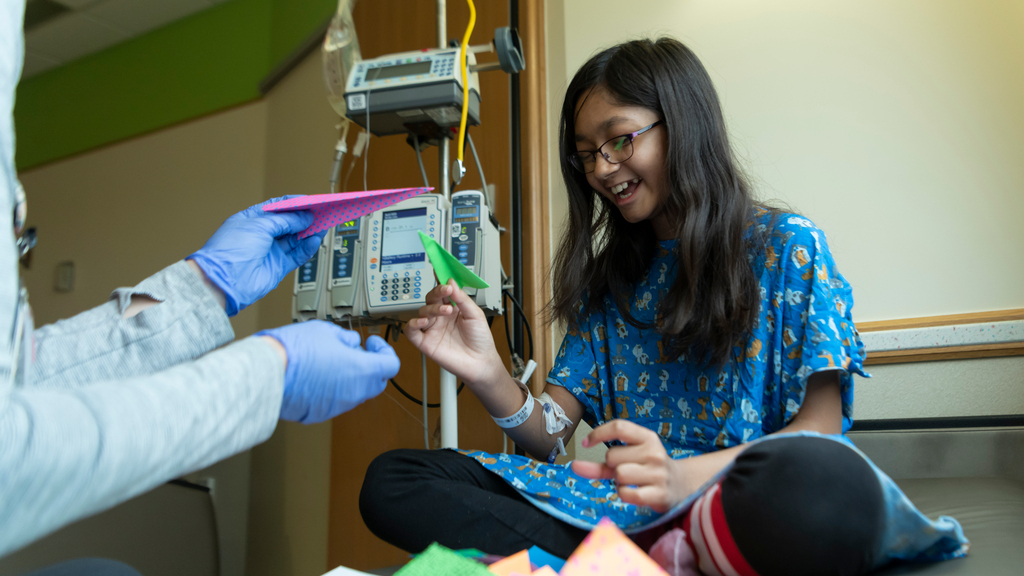Condition
Gonorrhea in Teens
Gonorrhea may be present but cause no symptoms. Or it can cause a discharge from the vagina, penis or rectum, painful or difficult urination or bowel movements, or a sore throat that doesn't go away.
The most common and serious complications happen in women. They include pelvic inflammatory disease (PID), tubal pregnancy and infertility. Men can also get infection of the prostate or epididymis.
Gonorrhea can be treated with antibiotics. Gonorrhea can also be carried in and affect the rectum. Gonorrhea at the time of childbirth can spread to the baby and cause severe eye infection.
Frequently Asked Questions
About Gonorrhea
What is gonorrhea?
How common is gonorrhea?
How do I know if I have gonorrhea?
Transmission
Who is most likely to get gonorrhea?
How do you get gonorrhea?
How can I keep from getting gonorrhea?
How can I keep from spreading gonorrhea?
Treatment
Can gonorrhea be treated? How do I get rid of it?
What can happen if I don't get treatment for gonorrhea?
How do I get tested for gonorrhea?
How often should I get tested for gonorrhea?
Meet the Providers Who Treat Gonorrhea
Departments that Treat Gonorrhea

Infectious Diseases
Our Division of Infectious Diseases is the major referral center for infectious diseases in the Washington, D.C., area, helping thousands of patients each year, and actively promoting prevention through community outreach and education. Learn more about this division.




